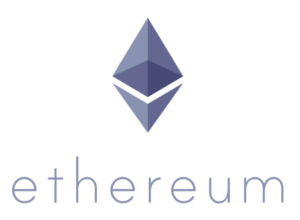$BTC $ETH $BNB
#CryptoRegulation #MiCA #EU #GermanyCrypto #DigitalCurrency #Blockchain #Cryptocurrency #Finance #EuropeanUnion #Innovation
Despite the Markets in Crypto-Assets (MiCA) regulation’s objective to harmonize cryptocurrency rules across the European Union, the pace at which licenses are being granted under this framework has not met expectations. To date, only 25 firms have successfully obtained the MiCA license, a cornerstone for legitimizing and operating crypto businesses within the EU. Germany has emerged as a leader in this nascent regulatory landscape, securing licenses for nine of these companies, underscoring its position as a proactive and significant player in Europe’s cryptocurrency market.
The MiCA legislation, hailed as a breakthrough for the regulation of digital assets within the European Union, intended to provide a consistent regulatory environment across member states. Its goals were not only to protect investors but also to foster innovation and competition within the crypto sector, ensuring Europe stays at the forefront of digital finance. The slow adoption rate, however, highlights the challenges and complexities involved in regulating such a dynamic and rapidly evolving industry. The mere 25 licenses issued so far indicate a cautious approach from regulatory authorities, possibly reflecting the intricacies of aligning the MiCA framework with national regulations or the rigorous vetting process that applicants must undergo.
Germany’s leading position in securing these licenses is significant for several reasons. First, it suggests that German firms may have been better prepared or more proactive in navigating the MiCA application process, potentially due to Germany’s already relatively comprehensive approach to cryptocurrency regulation. It might also reflect a more collaborative stance between the crypto industry and regulators in Germany, facilitating a smoother transition into compliance with MiCA. Moreover, Germany’s dominance could attract more crypto businesses to its shores, seeking to benefit from its regulatory clarity and the prestige of being licensed under the EU’s harmonized framework.
The broader implications of Germany’s leadership in the MiCA licensing race extend beyond its national boundaries. It sets a precedent and a benchmark for other EU countries, potentially catalyzing them to accelerate their own licensing processes. For the EU’s cryptocurrency market, this could mean a gradual but significant shift toward greater regulatory compliance and legitimacy. However, for this vision to materialize, the remaining member states will need to ramp up their efforts. As more firms become licensed, the EU could strengthen its position as a secure and innovation-friendly environment for crypto assets, benefiting companies and investors alike. Yet, the journey there will require overcoming the hurdles of aligning national regulatory practices with the EU’s ambitious, unified approach to crypto regulation.











Comments are closed.